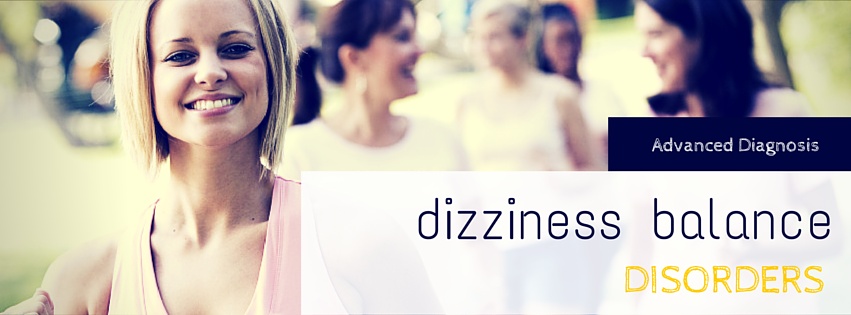

An Advanced Diagnosis and Case Study Workshop with Video Head Impulse was presented by Dr David Szmulewicz, Neurologist and Neuro-otologist at the Royal Eye and Ear Hospital, Melbourne and Amy Lennox, Senior Audiologist and Regional Manager at Otometrics in Melbourne on 17 November 2014. The ICS Impulse equipment uses a fast and precise system to assess the vestibulo-ocular reflex providing precise, accurate data based on real-life stimuli.
There were thirty people from various parts of Australia and New Zealand in attendence. Among the practitioners were neurologists, rehabilitation specialists, Ear Nose and Throat surgeons, audiologists, and vestibular physiotherapists.
Prof Margie said, “This was a very informative, interactive and hands-on workshop about the application of the video head impulse test for vestibular testing, the pitfalls in data collection and interpretation of the results. Numerous case studies highlighted these points generating energetic discussion.”
Adelaide will have the opportunity to meet both Dr Szmulewicz and Ms Lennox at the Vestibular Training and Certification Workshop being held 2-6 March 2015.
Vertigo and dizziness are the second most common complaint after headache. Vertigo and dizziness are not disease entities, rather unspecific syndromes consisting of various disorders with different causes. However, the constellation of symptoms presented by patients with dizziness can be difficult to diagnose. Understanding how to diagnose the aetiology of dizziness and implementing appropriate treatment is a skill all clinicians who encounters patients complaining of vertigo and dizziness or disequilibrium should practice.
Prof Margie has adopted the ICS Impulse approach as it is easier to administer and far more reliable than the manual test, influencing the treatment approach with the additional information it provides e.g. covert saccades.
Patients can see their response at the time of testing and progressively during their Vestibular Rehabilitation programme, meaning their results can be explained to them immediately.
Prof Margie says, “Using the ICS Impulse has made evaluation of the dizzy patient easier and has increased the accuracy, objectivity and reliability of my findings. Ultimately, I envision the ICS Impulse will fine tune and tailor the rehabilitation program for the individual patient, thereby hastening rehabilitation and discharge.
It is great to see my colleagues in other parts of Australia discussing the benefits.”
